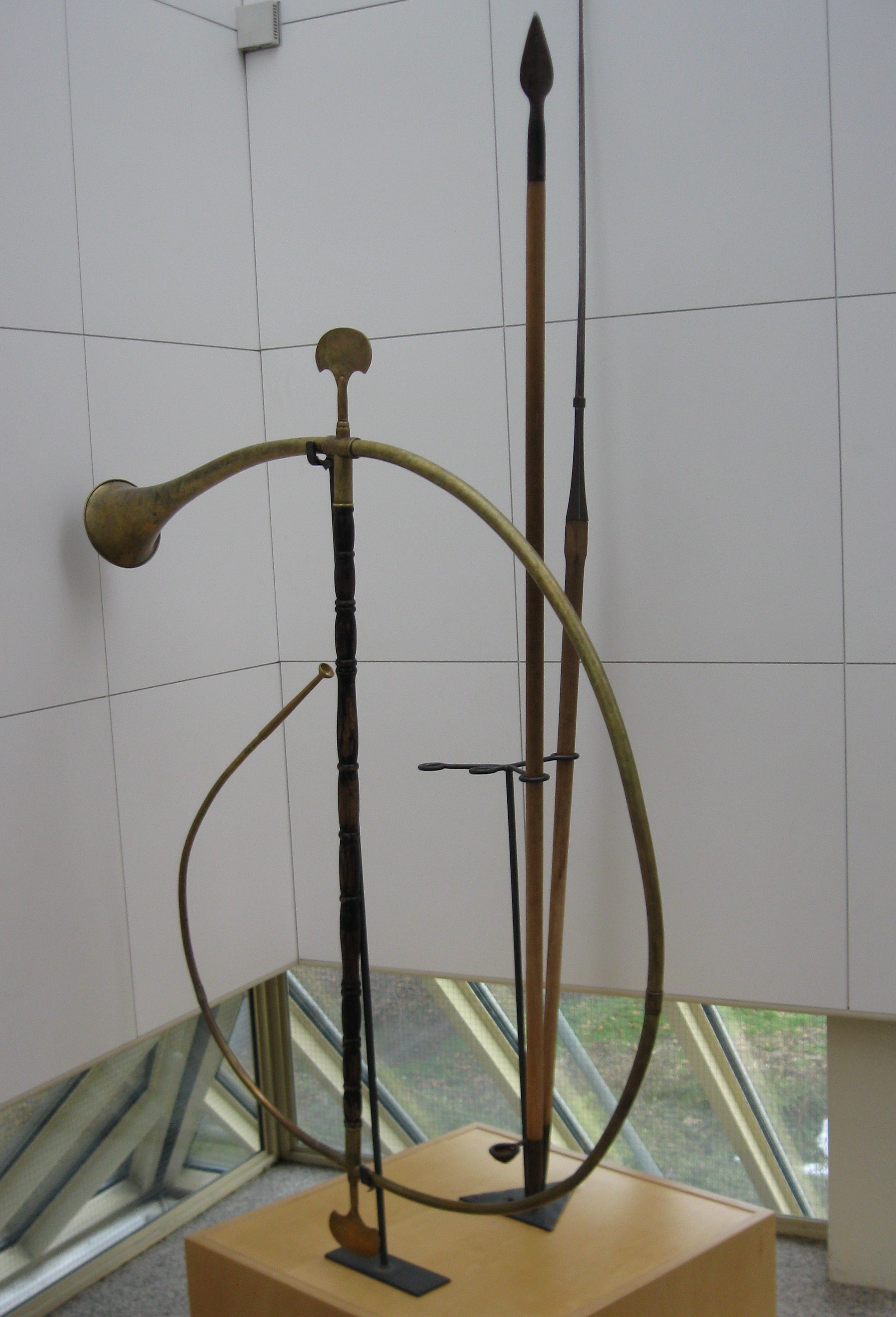Tubilustrium (planthopper) on:
[Wikipedia]
[Google]
[Amazon]
In Ancient Rome the month of March was the traditional start of the campaign season, and the Tubilustrium was a ceremony to make the army fit for war. The ceremony involved sacred trumpets called ''tubae''.

Johannes Quasten
Johannes Quasten (3 May 1900 in Homberg – 10 March 1987 in Freiburg im Breisgau) was a Roman Catholic theologian and scholar of patristics.
Life
Johannes Quasten (3 May 1900 in Homberg – 10 March 1987 in Freiburg im Breisgau) was a Roma ...
, however, argues that the common term for war trumpets being ''tubae'' is not the same as the ''tubi'' form here. He states that ''tubi'' was only used for trumpets used in sacrifices and goes on to show how this ceremony was a feast to cleanse and purify the trumpets used in sacrifices - it is a good example, he argues, of the special connection between music and cult in Roman ritual.
The festival was held on March 23, the last day of the Quinquatria
In ancient Roman religion, the Quinquatria or Quinquatrus was a festival sacred to the Goddess Minerva, celebrated from the 19–23 of March. The older festivals were of Etruscan origin and were to celebrate the Spring equinox, the spring rebirt ...
festival held in tribute to the Roman God Mars and Nerine, a Sabine goddess.J.Quasten, 1983, ''Music & Worship in Pagan & Christian Antiquity'', p.8 The event took place again on May 23.
The ceremony was held in Rome in a building called the Hall of the Shoemakers (''atrium sutorium'') and involved the sacrifice of a ewe lamb. Romans who did not attend the ceremony would be reminded of the occasion by seeing the Salii dancing through the streets of the city.
Notes
March observances May observances Festivals of Mars Processions in ancient Rome {{Reli-festival-stub